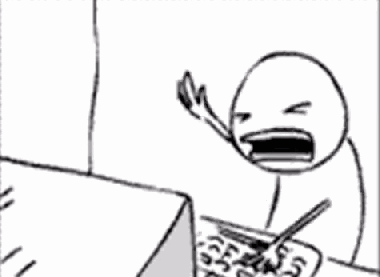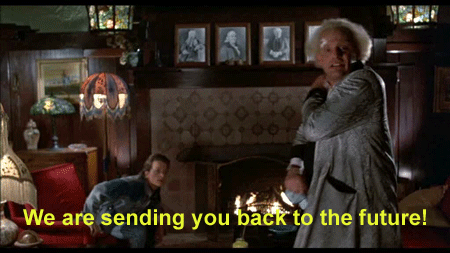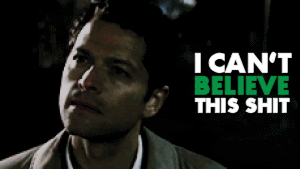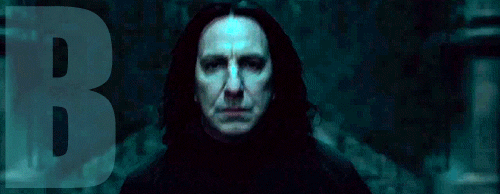Sometimes finding that next word or that next sentence isn’t so easy. This can happen 10k or 50k words into that work-in-progress. If you’re lucky, it never happens, but for the majority, there is always that moment that catches us. That makes it hard for fingers to brush over the keyboard in fluid movements. Instead, it’s jagged tap-a-taps before hitting the backspace key–and somewhere in between is usually the overwhelming urge to throw said keyboard out the window. Not that the sudden block is the keyboards fault, but let’s face it, keyboards probably get more abuse from writers than anyone else. Mine has so much wear and tear that the letters have worn off the keys, and honestly, I’m surprised I haven’t cracked the damn thing. The keyboard is the medium from which we transport our thoughts to the screen–and sometimes, we’re very, very mean to it when we can’t make the correlation.

So, what can we do to not only keep the words flowing, but to maybe not beat up the poor, innocent, and too-often abused keyboard?
Well there are some tactics. Maybe pushing forward works for you. Writing crap upon crap until finally it gives way to the diamonds in the rough that make the story flow again. Most times those original craptastic words are deleted and rewritten later, but if that’s the method that works, then that’s the method that works.
I tend to be the person who stares and stares and stares and wonders why my fingers aren’t moving. Then I note twenty-minutes have passed and the most I’ve achieved is three words and being mesmerized by the cursor blinking on the page.
Realizing that this method is not helping me get any work done, I’ve opted to try something new.
GOING BACK TO THE FUTURE!

So what does that mean in writer terms exactly? Well, I was listening to K.M. Weiland’s podcast and she mentioned that about every third of her manuscript she goes back and edits. She also mentioned that some authors get caught in a sort of loophole where they forever edit what they already have and never continue on. I used to be that writer, so going back to edit while writing makes me reluctant. I don’t want to fall in that loophole again.
However, when I can’t push forward, it makes me wonder if something has gone wrong in what I already wrote, or rather, in the past of my manuscript. How have I wound up struggling so hard to write that next line? Well, the only way to figure that out is to go to the past–or what I’ve already written in the world I’m working on. To read over what I already have and see if I need to change something, or, what’s more likely, I may have forgotten a detail that’s meant to push the plot forward. Weaving together a plot is pretty damn hard. So by going back and rereading what’s already there, details that are forgotten in the whirlwind of the rough draft pop back out, and things are remembered, thus I can change the future of my manuscript. Making notes in the sidebar (I have Scrivener) can definitely help the process of not over editing–something that may keep you stuck in the past.
Instead of adding the actual detail that may be needed to enhance a scene, jot a note down so when you’re going through your first round of revisions, you remember what you need to do. Sure, fix a misspelled word, or maybe add a bit of dialogue if it comes to you, but don’t DO all the actual editing–at least if you’re like me and will get caught in that forever-editing-loop instead of finishing the manuscript.
By reading through the past, new ideas pop to mind. New avenues to take, paths to carves,  characters to enhance or create. You may get through one chapter or four before that “GREAT SCOTT!” moment hits and you’re jumping back to the future of your manuscript to work on that scene with renewed vigor–and a safely intact keyboard.
characters to enhance or create. You may get through one chapter or four before that “GREAT SCOTT!” moment hits and you’re jumping back to the future of your manuscript to work on that scene with renewed vigor–and a safely intact keyboard.
I’ve learned this method keeps my mind in the manuscript, makes the gears spin in regards to the what has happened as well as what needs to happen, and helps me come up with ideas of where to take it based on where I’ve already been–and just like Marty and Doc, sometimes I wind up finding a nugget that with a little tweaking, lets me change the future into something much better than I originally imagined.
At the very least, I’ve got some notes jotted for when I actually start the full editing process.
Give it a shot. If nothing else, your keyboard will thank you.








 consuming and yesterday it was perfect, but today–the problems have shown themselves.
consuming and yesterday it was perfect, but today–the problems have shown themselves. the five different reasons it won’t work.
the five different reasons it won’t work.
 For more information on the Unstoppable Papa, check out the
For more information on the Unstoppable Papa, check out the